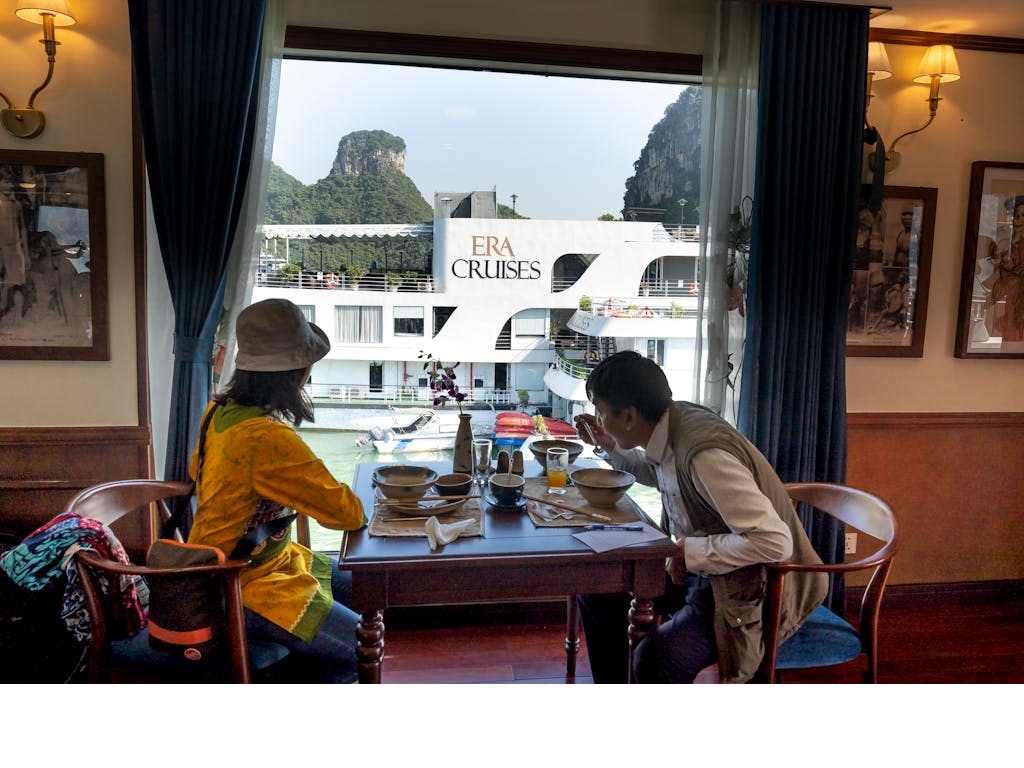When setting sail on a cruise, indulging in a variety of culinary delights is a highlight for many passengers. However, it’s important to be mindful of certain foods that may not always agree with your stomach or that may pose potential health risks. To ensure an enjoyable and satisfying cruise experience, here are five foods to avoid during your nautical adventures.
Uncooked Seafood
While fresh seafood can be a tempting option, consuming raw or undercooked seafood on a cruise comes with an increased risk of foodborne illnesses. Raw oysters, sushi, or ceviche can harbor harmful bacteria or parasites that may lead to gastrointestinal issues. To minimize the risk of food poisoning, opt for fully cooked seafood dishes when dining on board.
Unpasteurized Dairy Products
Certain cheeses and dairy products made from unpasteurized milk can pose health risks due to potential bacterial contamination. While some passengers may be drawn to artisanal cheeses or local dairy specialties, it’s advisable to stick to pasteurized dairy products to reduce the risk of foodborne illnesses. Choose pasteurized cheese options from the ship’s menu to savor without worry.
Buffet Leftovers
Partaking in the abundant offerings at the cruise ship buffet can be a delightful experience, but it’s essential to exercise caution when it comes to leftovers. Foods that have been sitting out for extended periods can become breeding grounds for bacteria if not maintained at proper temperatures. To minimize the risk of foodborne illnesses, opt for freshly prepared dishes and avoid buffet items that have been sitting out for too long.
Street Food at Ports of Call
While exploring ports of call during your cruise, it can be tempting to sample local street food. However, street vendors may not always adhere to the same food safety standards as established eateries. Consuming street food can increase the risk of foodborne illnesses, potentially leading to digestive discomfort. To play it safe, consider dining at reputable restaurants recommended by your cruise ship or embark on organized culinary excursions.
Unwashed Fruits and Vegetables
Fresh fruits and vegetables are a vital part of a healthy diet, but it’s crucial to ensure that they are properly washed and prepared to minimize the risk of contamination. On a cruise, it’s best to opt for fruits that are served in sealed containers or thoroughly washed and peeled. When dining on shore, exercising caution with raw produce can help safeguard against potential gastrointestinal issues.
By being mindful of these foods to avoid, cruise passengers can ensure a safe and enjoyable culinary journey. While exploring the diverse flavors and cuisines on board and at ports of call, prioritizing food safety and making informed dining choices will contribute to a memorable and fulfilling cruise experience.

